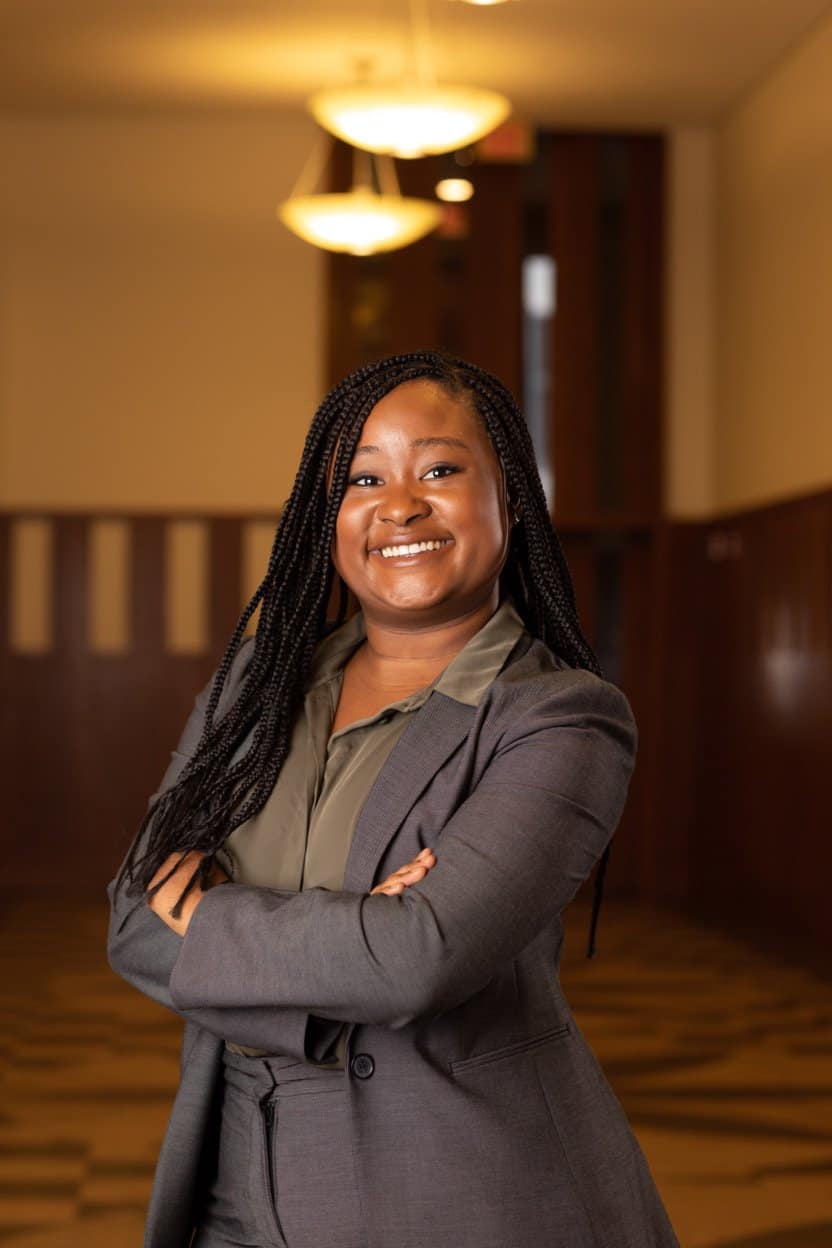
Courtney Brunson is a student at Harvard Law School and member of the Harvard Legal Aid Bureau.
The Transportation Trades Department (TTD), a coalition of labor unions representing transportation workers, has formally asked that the U.S. Department of Transportation issue an emergency rule that both orders passengers to wear masks “covering the nose and mouth while on board buses, trains, airplanes, and passenger vessels, as well as in boarding areas and associated facilities including airports and stations” and allows drivers to “refuse to transport any passenger who is unwilling to comply for reasons unrelated to a disability that would prevent them from doing so.”
While the Transportation Department has expressed support for the CDC guidance on the suggested use of masks by passengers to protect workers, Secretary Chao asserts that she is unsupportive of writing new rules during the pandemic to make mask use mandatory because they could be difficult to undo or remove after the impact of the crisis subsides. As transportation workers continue to work on the front lines of the pandemic, Larry Willis, President of the Transportation Trades Department, wrote that “non-mandatory guidelines and a patchwork of mandates or additional guidelines from private companies, states, and other jurisdictions have failed to achieve the level of mask usage that is necessary.”
In addition to the Uber and Lyft employment related lawsuits in California and Massachusetts, there have also been lawsuits by the companies’ drivers against states regarding the provision of benefits. Yesterday, the New York Times wrote about a key victory for Uber and Lyft drivers who filed in a complaint New York federal court arguing that the state was delayed in their processing of benefits to unemployed drivers. Submitted by an advocacy group called the New York Taxi Workers Alliance, the lawsuit explained that while other workers benefits were processed in a matter of weeks, the unemployment insurance of unemployed drivers took months. Judge LaShann DeArcy Hall stated that there was “an avoidable and inexcusable delay in the payment of unemployment insurance” to drivers in her ruling. As a result, the state’s labor department must convene a working group that will must identify and reconsider the claims of the drivers in no more than 45 days.
As multiple On Labor Commentators have noted here, here, and here, multiple states have utilized state prisoners as a source of cheap labor – especially during the pandemic. In response, CBS 4 News Denver reported that three current inmates and one former inmate have filed a lawsuit on Monday against the Governor of Colorado, Jared Polis, as well as the state prison system and prison operator. Steven Craig Christopher, Cesar Pasillas-Sanchez, Norman Vasquez, and Adelbert “Jack” Bassford filed the lawsuit in a Denver district court. The complaint argues that they have been paid slave wages and demands that they, and other inmates, be given minimum wage, medical benefits, and other privileges given to state employees.
This lawsuit was made possible after a ballot measure passed by Colorado citizens in 2018. The vote changed the language of an amendment in the Colorado constitution on slavery. Before 2018, slavery was outlawed except when the unpaid labor was a punishment for a crime that the party was “duly convicted” of. The measure changed the state’s constitution to prohibit slavery and involuntary servitude in all circumstances. If successful, the lawsuit could require the state to spend $400-500 million just to pay inmates the state’s $12 hourly wage. Both the Governor’s Office and Colorado Department of Corrections said they would not comment on pending litigation. CoreCivic, the private prison operator, states that it provides a safe and humane environment for its prisoners, which they say includes three daily meals and access to basic healthcare.
Following schoolteachers filing suits and teachers’ unions expressing significant concerns over the reopening of public schools next month, Bloomberg Law published an article about the comments of the American Federation of Teachers’ (AFT) President Randi Weingarten made in a speech on Tuesday to the union’s members regarding their stance on K-12 school reopening this fall. Weingarten revealed that the AFT’s Executive Council voted that protests, negotiations, grievances, lawsuits, and safety strikes were all on the table for its members unless certain conditions were met. These conditions include low infection rates, adequate school testing, robust public health safeguards, and resources for addressing the academic and emotional needs of students. This announcement comes after the introduction of the Senate GOP’s second coronavirus package proposal this past Monday. The proposal allocates an estimated $47 billion in funding to schools that are offering at least partial in person instruction for students in the fall. While Weingarten asserted that federal support is essential for ensuring that schools are safe and well equipped when they reopen, she also contends that teachers and unions must also be “involved, not sidelined.”






Daily News & Commentary
Start your day with our roundup of the latest labor developments. See all
February 19
Union membership increases slightly; Washington farmworker bill fails to make it out of committee; and unions in Argentina are on strike protesting President Milei’s labor reform bill.
February 18
A ruling against forced labor in CO prisons; business coalition lacks standing to challenge captive audience ban; labor unions to participate in rent strike in MN
February 17
San Francisco teachers’ strike ends; EEOC releases new guidance on telework; NFL must litigate discrimination and retaliation claims.
February 16
BLS releases jobs data; ILO hosts conference on child labor.
February 15
The Office of Personnel Management directs federal agencies to terminate their collective bargaining agreements, and Indian farmworkers engage in a one-day strike to protest a trade deal with the United States.
February 13
Sex workers in Nevada fight to become the nation’s first to unionize; industry groups push NLRB to establish a more business-friendly test for independent contractor status; and UFCW launches an anti-AI price setting in grocery store campaign.